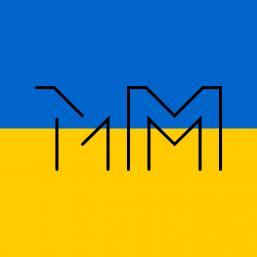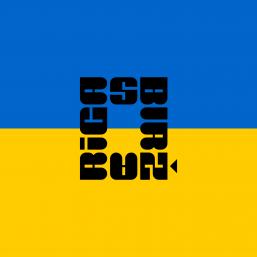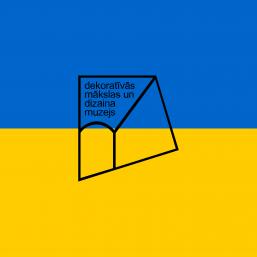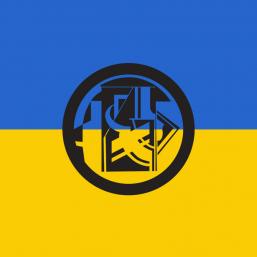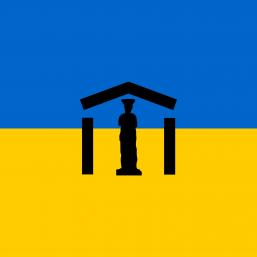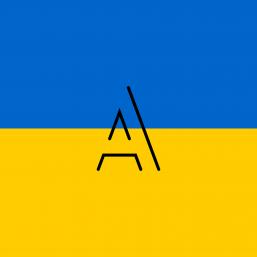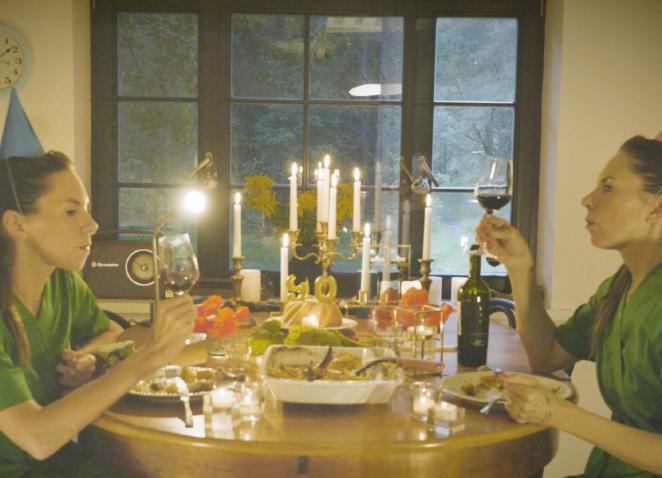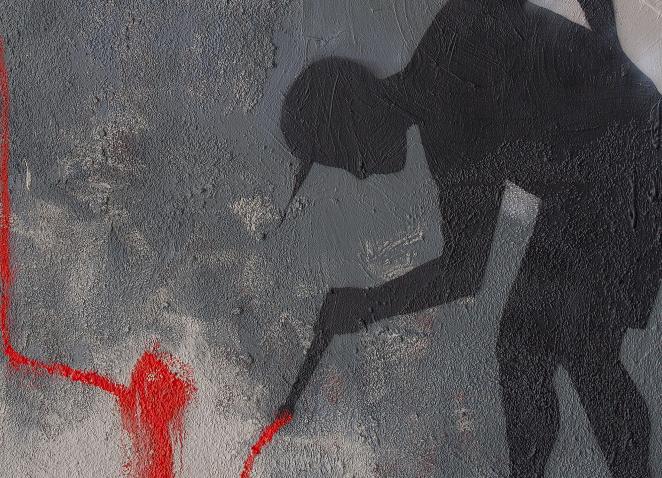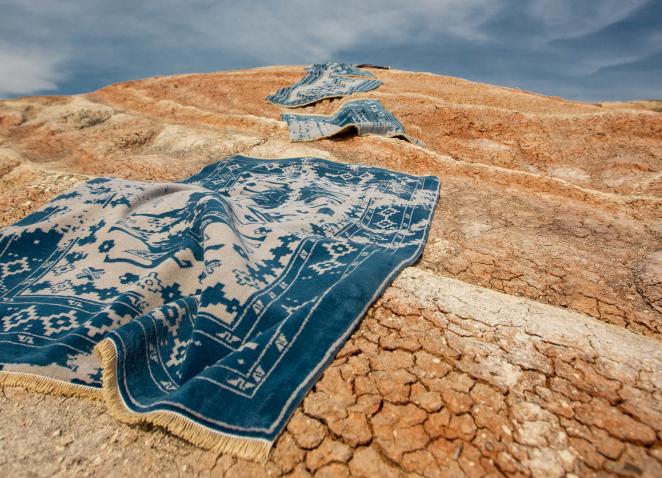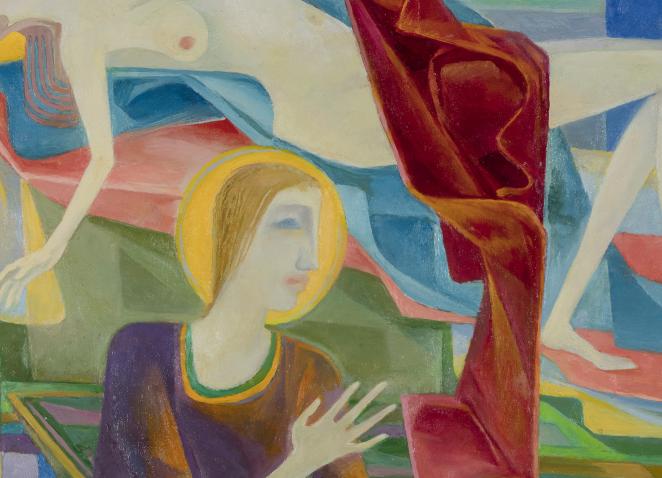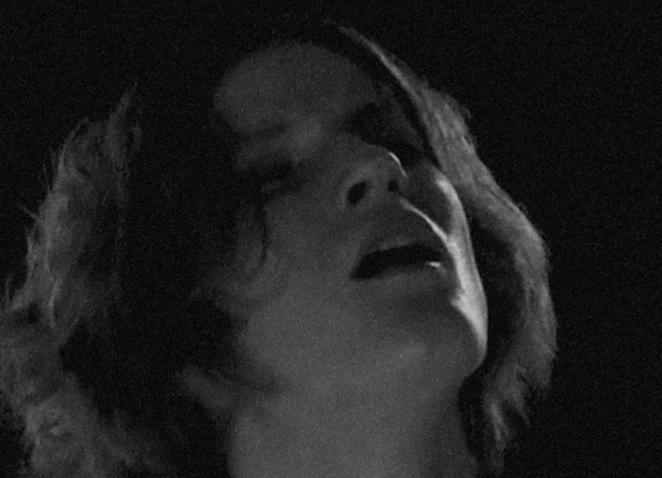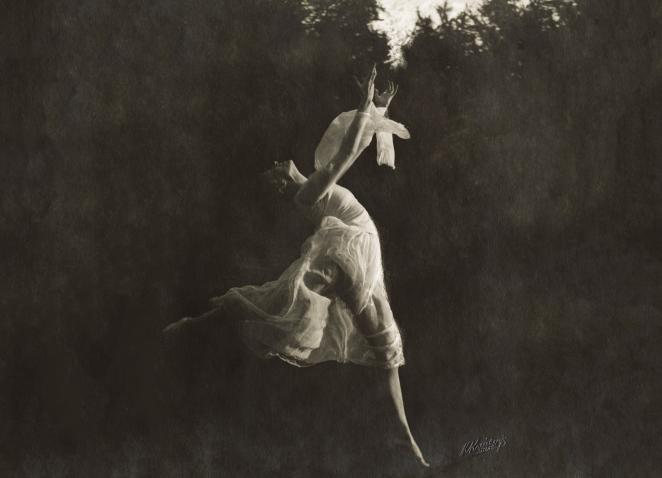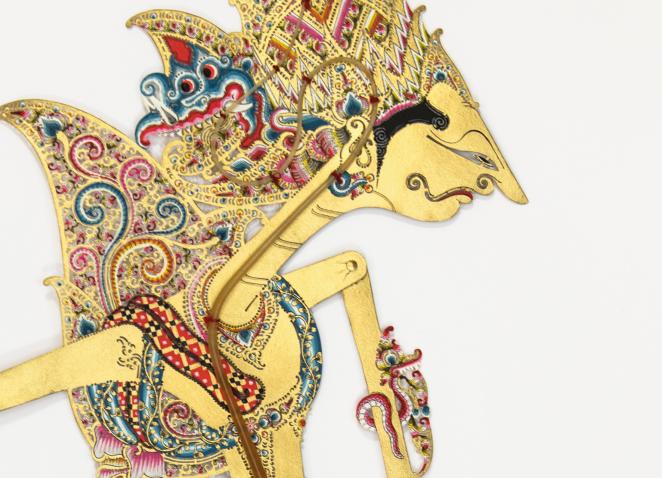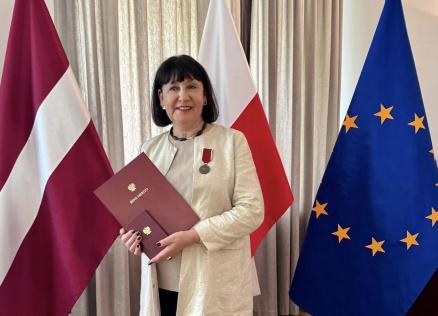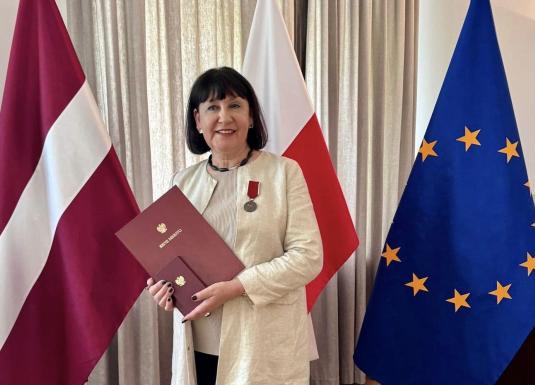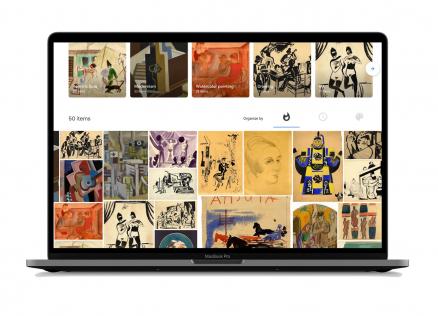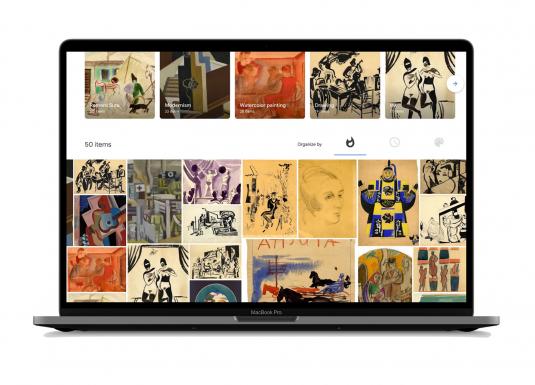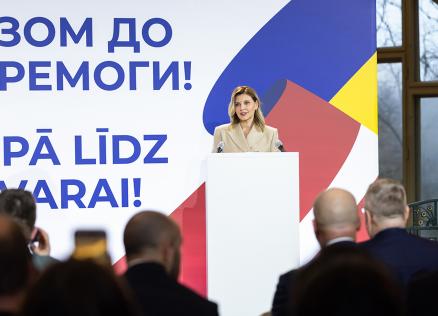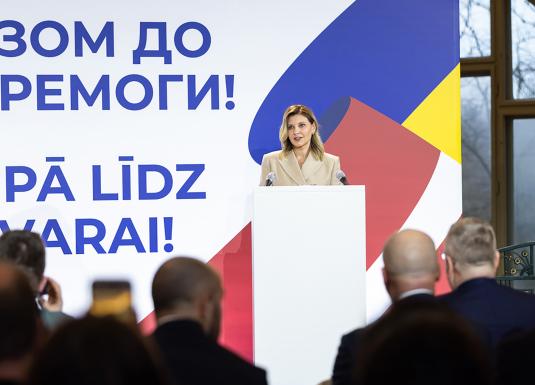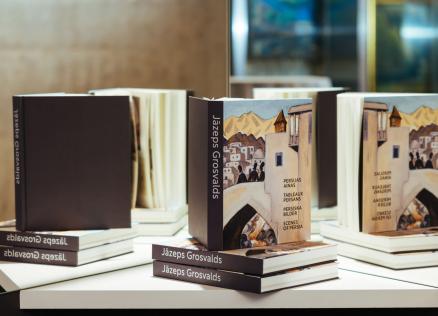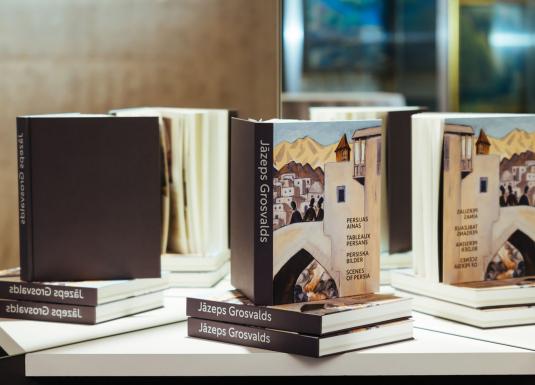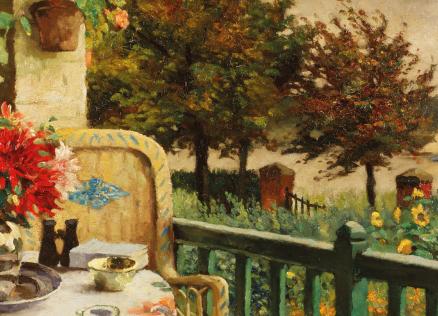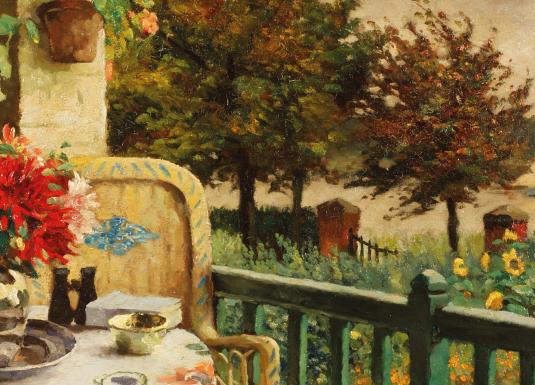Welcome to the Art Museums of Latvia
Latvian National Museum of Art
1 Jaņa Rozentāla laukums, Riga, LV-1010, Latvia
Art Museum RIGA BOURSE
6 Doma laukums, Riga, LV-1050, Latvia
Museum of Decorative Arts and Design
10 Skārņu iela, Riga, LV-1050, Latvia
Romans Suta and Aleksandra Beļcova Museum
57a, Apt. 26 Elizabetes iela, Riga, LV-1050, Latvia
Museum Storage Facility and FOREST OF SCULPTURES
8 Pulka iela, Riga, LV-1007, Latvia
Exhibition Hall ARSENĀLS
1 Torņa iela, Riga, LV-1050, Latvia

11.07.2024. - 08.09.2024.
Museum of Decorative Arts and Design
The second pop-up exhibition in the series for MDAD’s 35th anniversary
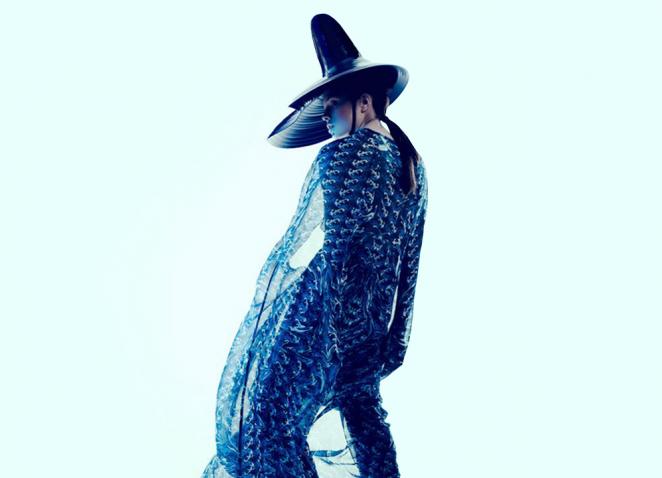
14.06.2024. - 01.09.2024.
Museum Storage Facility and FOREST OF SCULPTURES
The retrospective exhibition of fashion brand FYODOR GOLAN
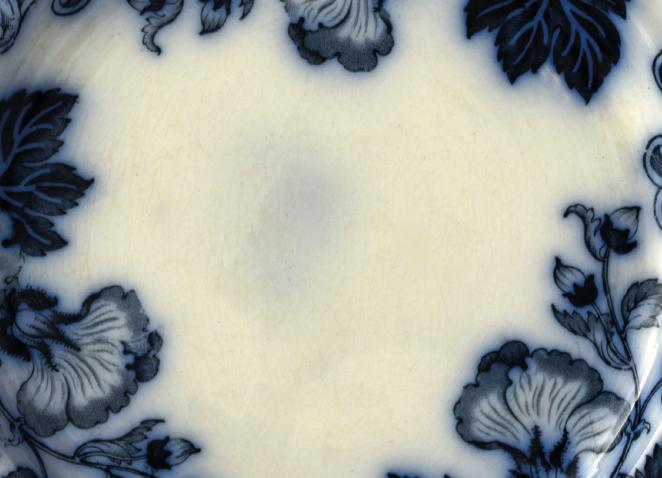
01.06.2024. - 20.08.2024.
Art Museum RIGA BOURSE
British transferware in Latvian museums and private collections. 18th–21st centuries
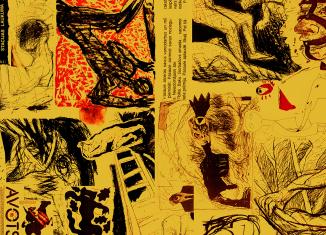
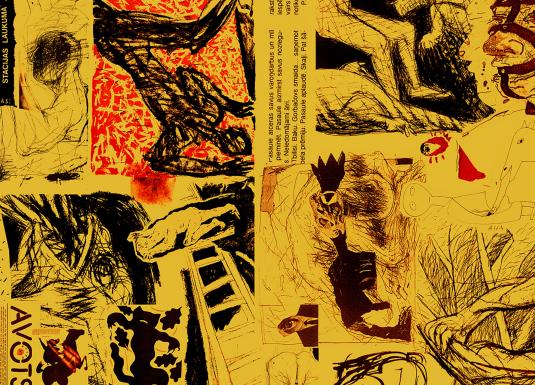 Latvian National Museum of Art
Latvian National Museum of Art
Dismantling the Wall. Latvian Art 1985–1991
Exhibition, Dismantling the Wall. Latvian Art 1985–1991, is on display in the left wing halls of the 2nd floor of the main building of the Latvian National Museum of Art in Riga (Jaņa Rozentāla laukums 1), which tells about the processes in Latvian contemporary art during the period of socio-political change.
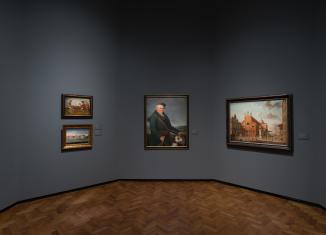
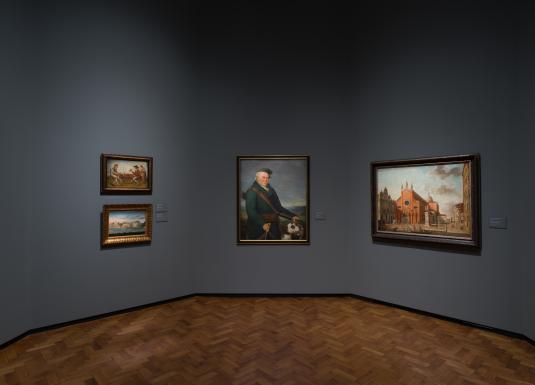 Latvian National Museum of Art
Latvian National Museum of Art
Latvian Art 1780–1915
The permanent exhibition in the main building of the Latvian National Museum of Art shows the richness of the museum's collection, the history of its formation as well as the most outstanding achievements of national art from the end of the 18th century to the end of the 20th century.
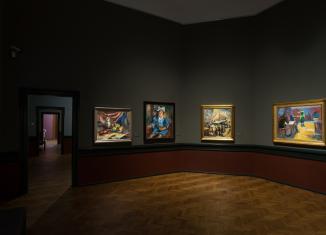
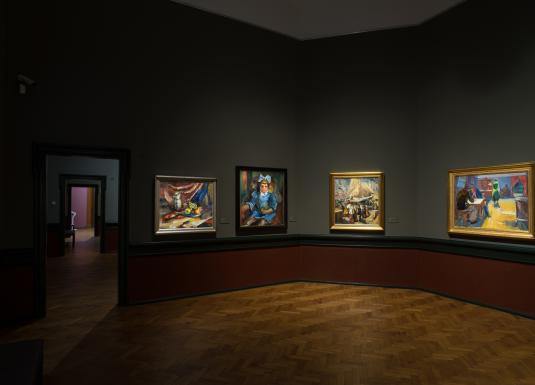 Latvian National Museum of Art
Latvian National Museum of Art
Latvian Art 1915–1940
World War I brought difficult challenges for the Latvian people, which inspired a strong wave of national self-consciousness in artists. Jāzeps Grosvalds was the first to take up the pressing subject of refugees and riflemen in painting. Jēkabs Kazaks, who was significantly influenced by contemporary French painting, also turned to depiction of the dramatic historical events.
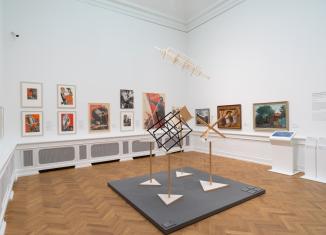
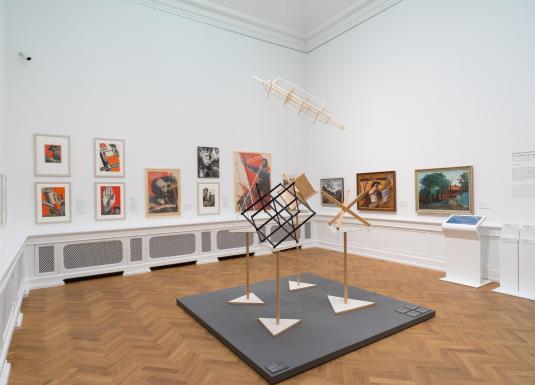 Latvian National Museum of Art
Latvian National Museum of Art
Latvian Modernists in Russia in the 1920s and 30s
During World War I, many Latvian artists ended up in Russia, but most returned to Latvia following the Bolshevik Revolution of 1917. Latvian artists – Gustavs Klucis, Kārlis Johansons and Aleksandrs Drēviņš – chose to stay in Soviet Russia and to take part in the formation of Russian avant-garde art.
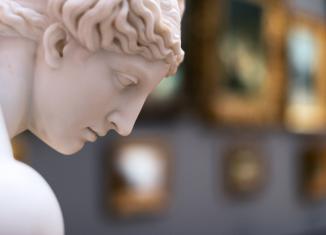
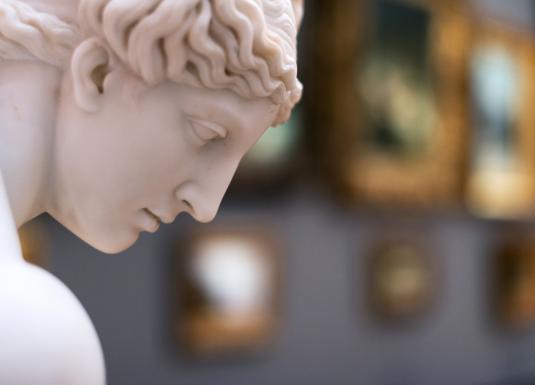 Art Museum RIGA BOURSE
Art Museum RIGA BOURSE
European Art Gallery
The European Art Gallery is located in the most luxurious rooms of the former Riga stock exchange building on the fourth floor.
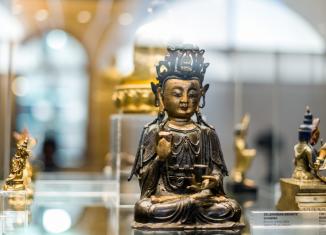
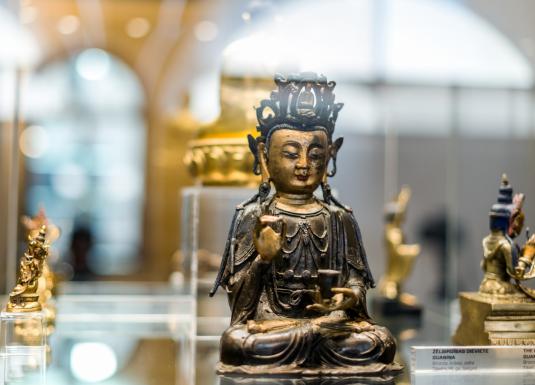 Art Museum RIGA BOURSE
Art Museum RIGA BOURSE
Asian Art Gallery
The Asian Art Gallery is situated at the 3rd floor of the museum and introduces the visitors with the sizeable Asian Art Collection of the Latvian National Museum of Art.
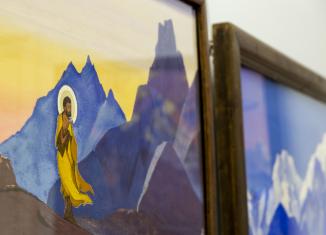
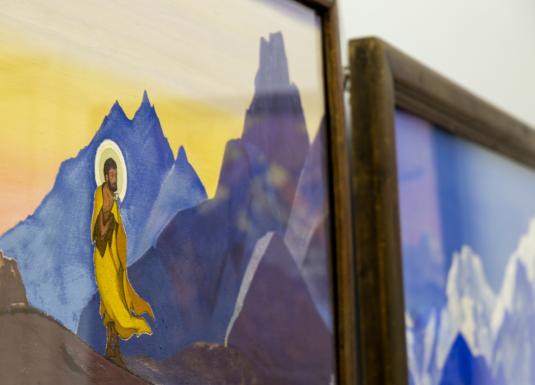 Art Museum RIGA BOURSE
Art Museum RIGA BOURSE
Roerich Painting Gallery
The exhibition of works by the outstanding artist and thinker Nicholas Roerich (1874–1947) is located on the third floor of the museum. The tranquillity of this room helps viewers to delve into the Himalayan peaks created by the master with an amazingly clean tempera palette.
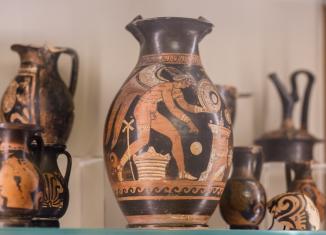
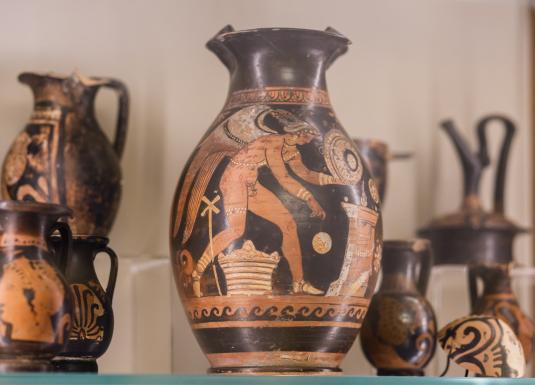 Art Museum RIGA BOURSE
Art Museum RIGA BOURSE
Ancient Greek and Roman Art Chamber
The Ancient Greek and Roman Art Chamber is situated on the third floor of the museum and introduces the visitors to Ancient Greek pottery, Ancient Greek and Roman coins as well as marble sculptures from the collection of the Latvian National Museum of Art.
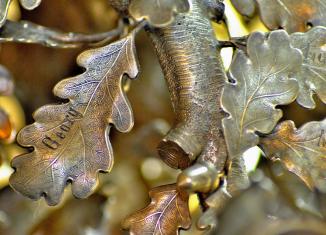
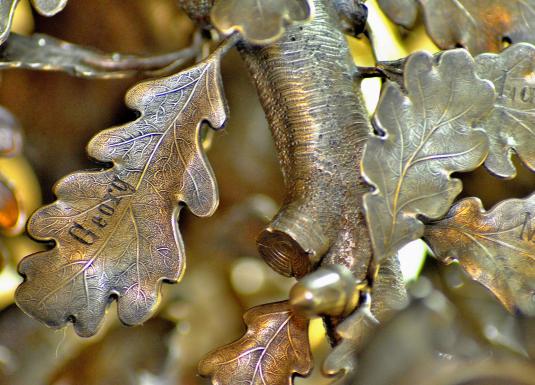 Art Museum RIGA BOURSE
Art Museum RIGA BOURSE
Silverware Chamber
On the fourth floor in the former safe room, which has been transformed into the Silverware Chamber, is a display of items from the museum’s precious metals collection, covering the period from the late 17th century until the early 20th century. The items were made in the Russian Empire, including the Baltics and Europe.
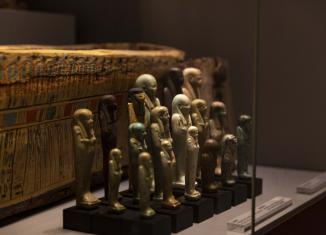
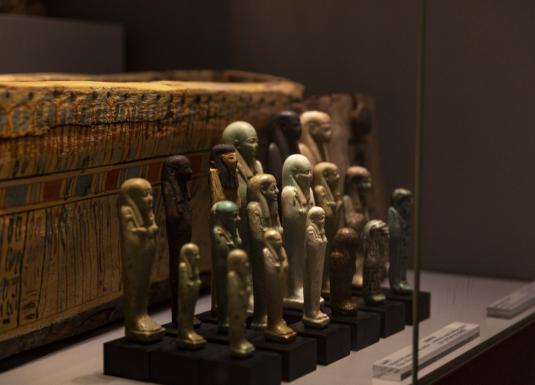 Art Museum RIGA BOURSE
Art Museum RIGA BOURSE
Ancient Egypt Chamber
The Ancient Egypt Chamber is located in one of the three large safes of the former Riga stock exchange. The doors decorated in neo-Gothic style have retained their original form allowing us to visualise the time when it was an important and well-guarded room.
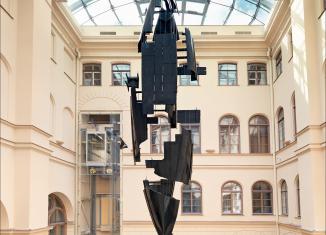
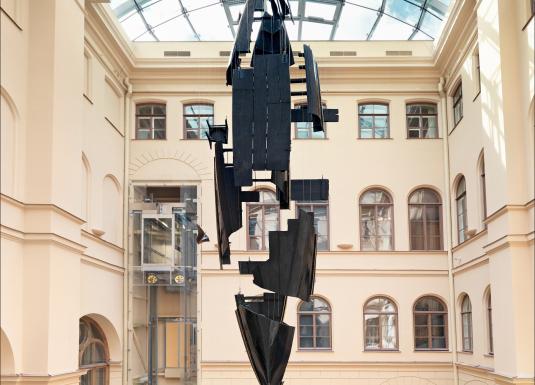 Art Museum RIGA BOURSE
Art Museum RIGA BOURSE
Gondola
In 2012 the Art Museum RIGA BOURSE acquired a new, permanent and internationally renowned highlight – the artwork Gondola by the world-famous Russian artist Dmitry Gutov.
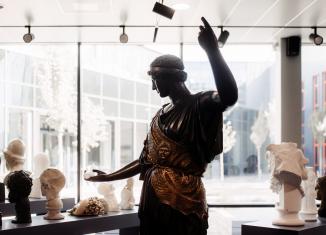
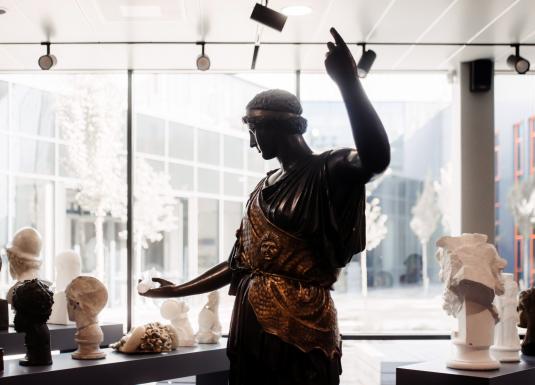 Museum Storage Facility and FOREST OF SCULPTURES
Museum Storage Facility and FOREST OF SCULPTURES
Forest of Sculptures
Antique and Renaissance Plaster Cast Exhibition.
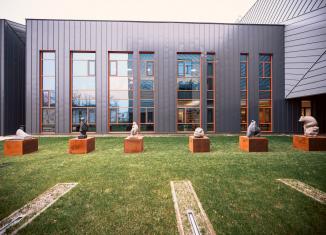
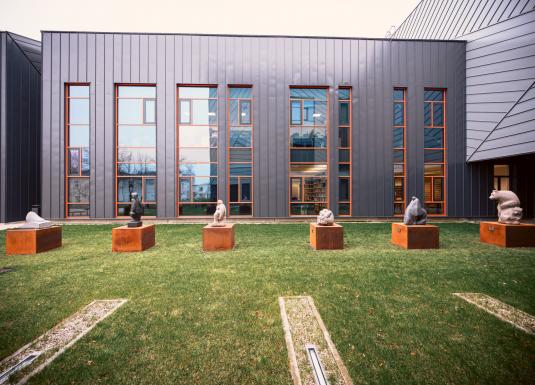 Museum Storage Facility and FOREST OF SCULPTURES
Museum Storage Facility and FOREST OF SCULPTURES
Mythopoetic figures
The exhibition of seven granite sculptures introduces the artwork of the 2nd half of the 20th century, created by the sculptors Laimons Blumbergs, Ojārs Feldbergs, Lilija Līce, Ojārs Siliņš, Juris Zihmanis, and Zenta Zvāra.
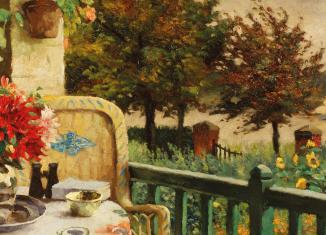
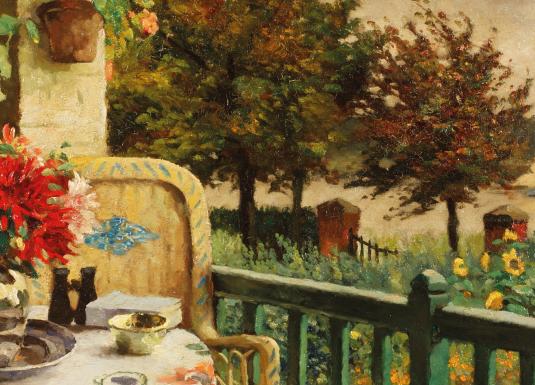 Art Museum RIGA BOURSE
Art Museum RIGA BOURSE
The Art of Belgium (1900–1940)
A significant amount of works from the first half of the 20th century by Belgian artists are stored at the Latvian National Museum of Art – more than 700 paintings, graphics, sculptures and medals, as well as lace created between the 17th and the early 20th century. The artistic quality and the unique history of the collection’s creation determine its important position.

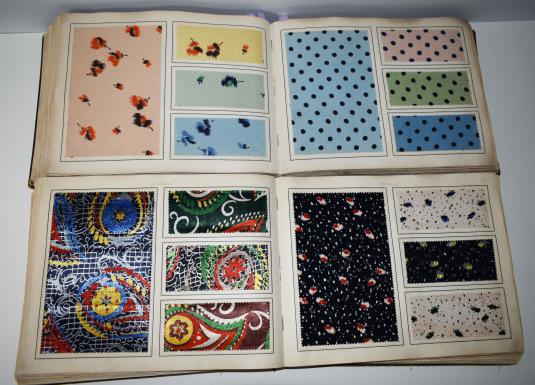 Museum of Decorative Arts and Design
Museum of Decorative Arts and Design
Interactive experience "Rīgas audums"
Hundreds of “Rīgas audums” printed fabric patterns give us an idea about the fashion, leading art styles, technological development of the time, and tell us about textile artists’ creativeness.
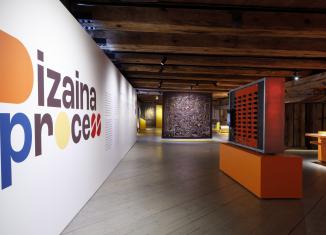
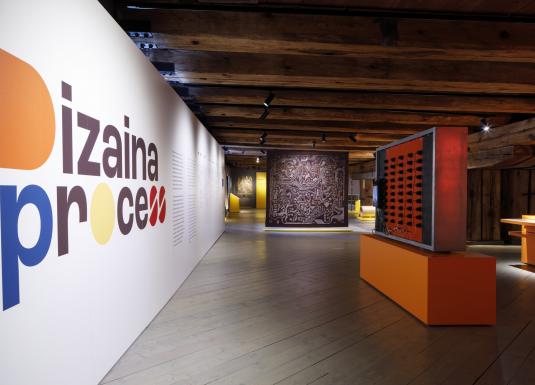 Museum of Decorative Arts and Design
Museum of Decorative Arts and Design
Exhibition Design Process
Exhibition Design Process on the 3rd floor of the museum tells the story of Latvian design in the period from the 1960s until nowadays.
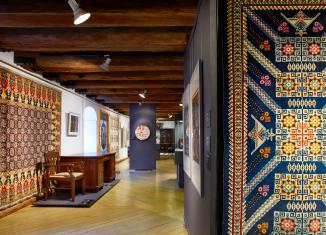
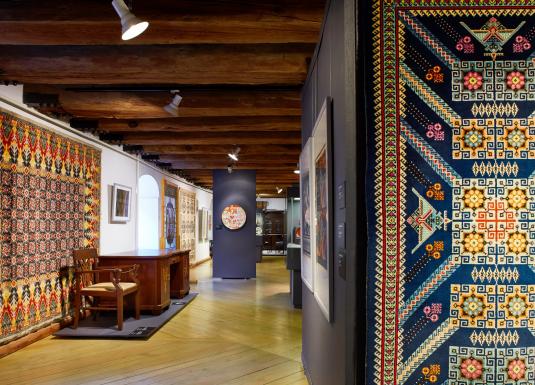 Museum of Decorative Arts and Design
Museum of Decorative Arts and Design
Exhibition Classical Values
Exhibition Classical Values on the 2nd floor of the museum tells the story of Latvian decorative applied arts in the period from the end of the 19th century until the 1960s.
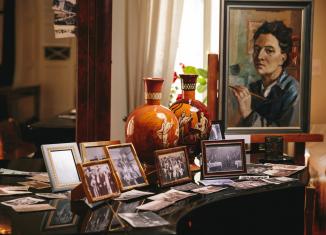
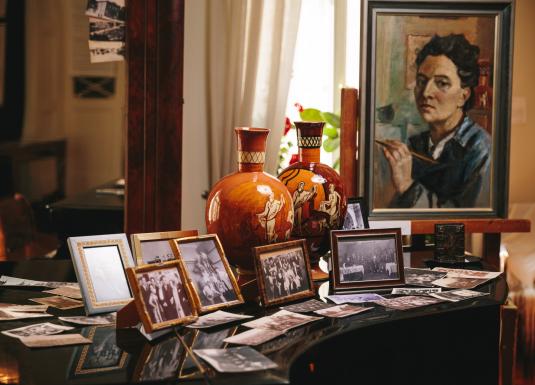 Romans Suta and Aleksandra Beļcova Museum
Romans Suta and Aleksandra Beļcova Museum
Museum of Romans Suta and Aleksandra Beļcova permanent display
The Romans Suta and Aleksandra Beļcova Museum display looks at three aspects of the artists’ lives: creative work, social life and family.


Tiešsaistē
Romans Suta and Aleksandra Beļcova Museum
Google Arts & Culture:
Collections and art stories
Get to know the brightest works of art of the Romans Suta and Aleksandra Beļcova Museum and their stories, learning about their details, history and importance in the art world.


Tiešsaistē
Museum of Decorative Arts and Design
Google Arts & Culture:
Collections and art stories
Get to know the brightest works of art of the Museum of Decorative Arts and Design and their stories, learning about their details, history and importance in the art world.


Tiešsaistē
Latvian National Museum of Art
Google Arts & Culture:
Collections and art stories
Get to know the brightest works of art of the Latvian National Museum of Art and their stories, learning about their details, history and importance in the art world.
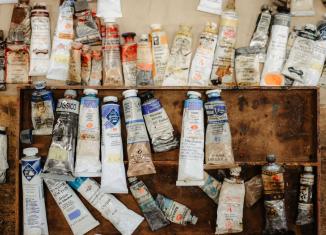
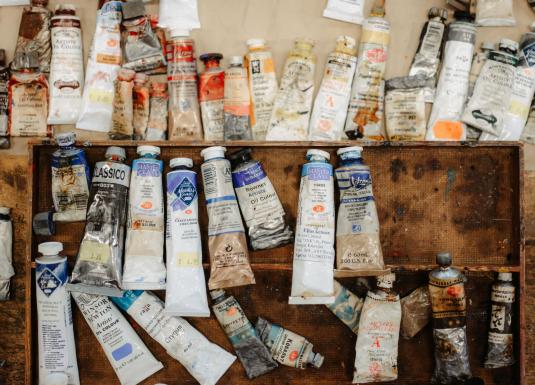 Latvian National Museum of Art
Latvian National Museum of Art
Video series:
Art Restoration in the Museum
Art restoration is considered as one of the most important fields in the life of an art museum and this project introduces the main questions and ethical issues of art restoration.
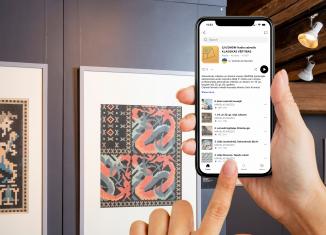
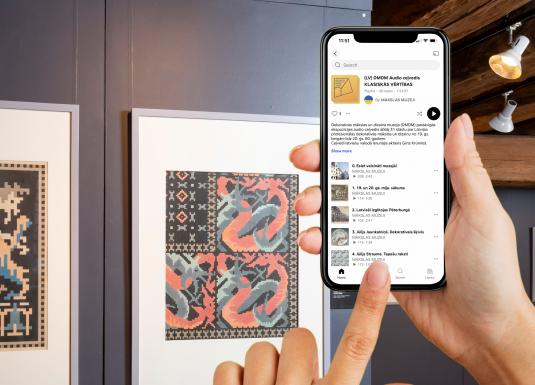 Museum of Decorative Arts and Design
Museum of Decorative Arts and Design
Audio guide:
Exhibition Classical Values
Exhibition Classical Values on the 2nd floor of the museum tells the story of Latvian decorative applied arts in the period from the end of the 19th century until the 1960s.
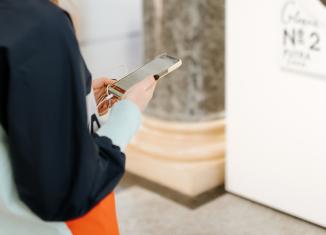
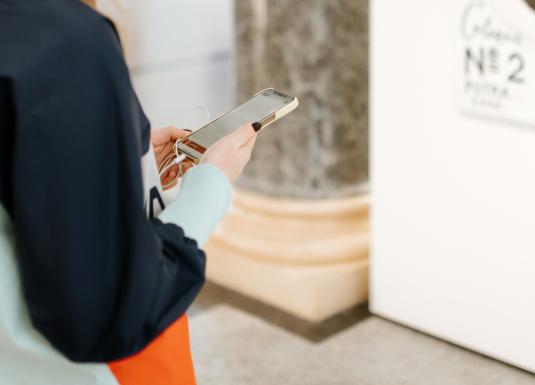 Latvian National Museum of Art
Latvian National Museum of Art
Mobile Application
Latvian National Museum of Art offers the easiest way to explore classic highlights, and discover fresh perspectives on the permanent collection and discover the museum's unique architecture of the building.
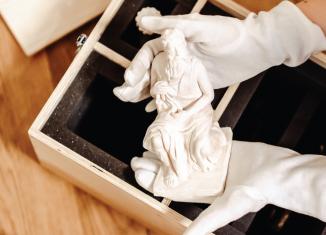
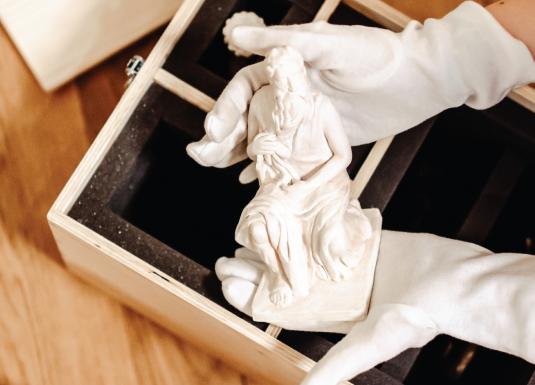
1.-9. klase
Art Museum RIGA BOURSE
Interactive Activity:
Play the Museum!
Play the Museum! is an interactive and educational game for children of elementary and primary school age in which every participant becomes a part of the museum. The activity was conceived with the aim of encouraging students' active involvement in learning about the museum's work through conversations seeking answers to the questions: what is an art museum, what can be found there, what are the tasks performed by the museum's employees?
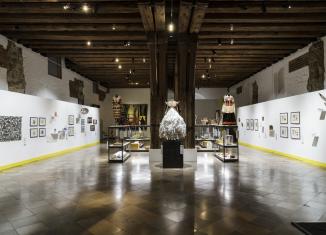
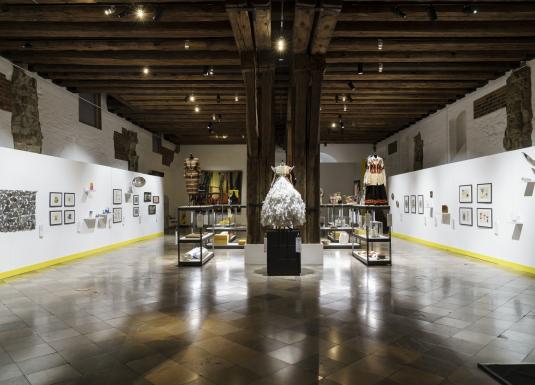 Museum of Decorative Arts and Design
Museum of Decorative Arts and Design
Guided Tour in the Museum
Get to know the extensive permanent exhibition, the historical building and the current exhibitions of the Museum of Decorative Arts and Design! The guided tour uncovers stories from the history of Latvian design, a variety of artistic styles and the processes in design's development. The thematic highlights and format of the activity can be adapted to the needs and interests of different audiences.
Don’t miss a thing
Sign up to our email newsletter
Latvian National Museum of Art
1 Jaņa Rozentāla laukums, Riga, LV-1010, Latvia
Art Museum RIGA BOURSE
6 Doma laukums, Riga, LV-1050, Latvia
Museum of Decorative Arts and Design
10 Skārņu iela, Riga, LV-1050, Latvia
Romans Suta and Aleksandra Beļcova Museum
57a, Apt. 26 Elizabetes iela, Riga, LV-1050, Latvia
Museum Storage Facility and FOREST OF SCULPTURES
8 Pulka iela, Riga, LV-1007, Latvia
© LNMM 2024.
All rights reserved
Reflect Studio design — New Black development
All rights reserved
Reflect Studio design — New Black development
Latvian National Museum of Art
1 Jaņa Rozentāla laukums, Riga, LV-1010, Latvia
Art Museum RIGA BOURSE
6 Doma laukums, Riga, LV-1050, Latvia
Museum of Decorative Arts and Design
10 Skārņu iela, Riga, LV-1050, Latvia
Romans Suta and Aleksandra Beļcova Museum
57a, Apt. 26 Elizabetes iela, Riga, LV-1050, Latvia
Museum Storage Facility and FOREST OF SCULPTURES
8 Pulka iela, Riga, LV-1007, Latvia
